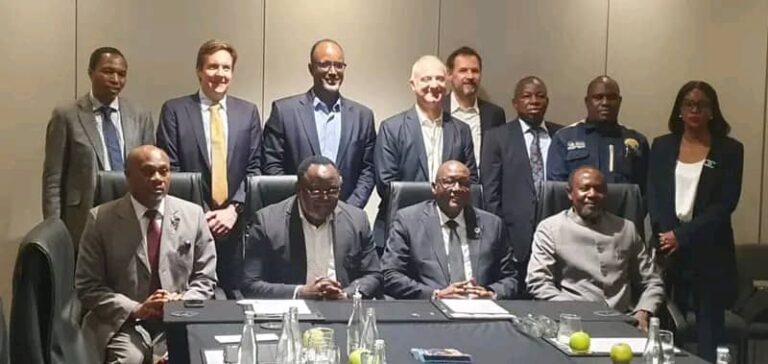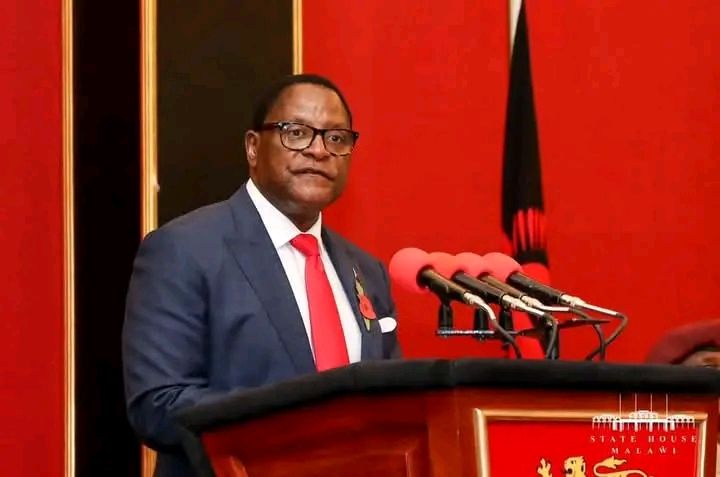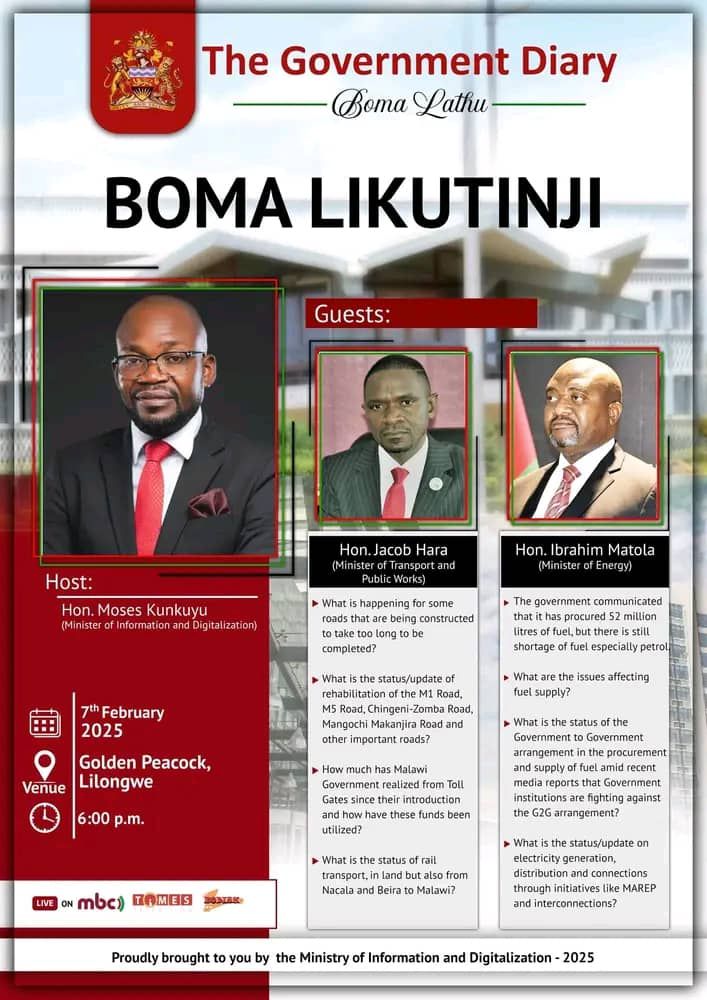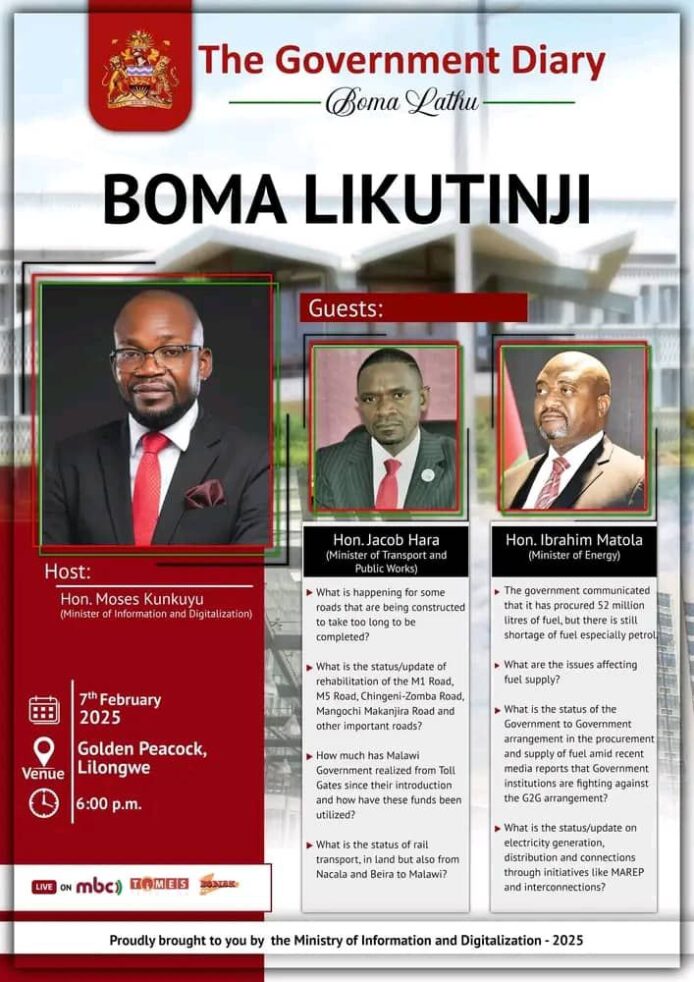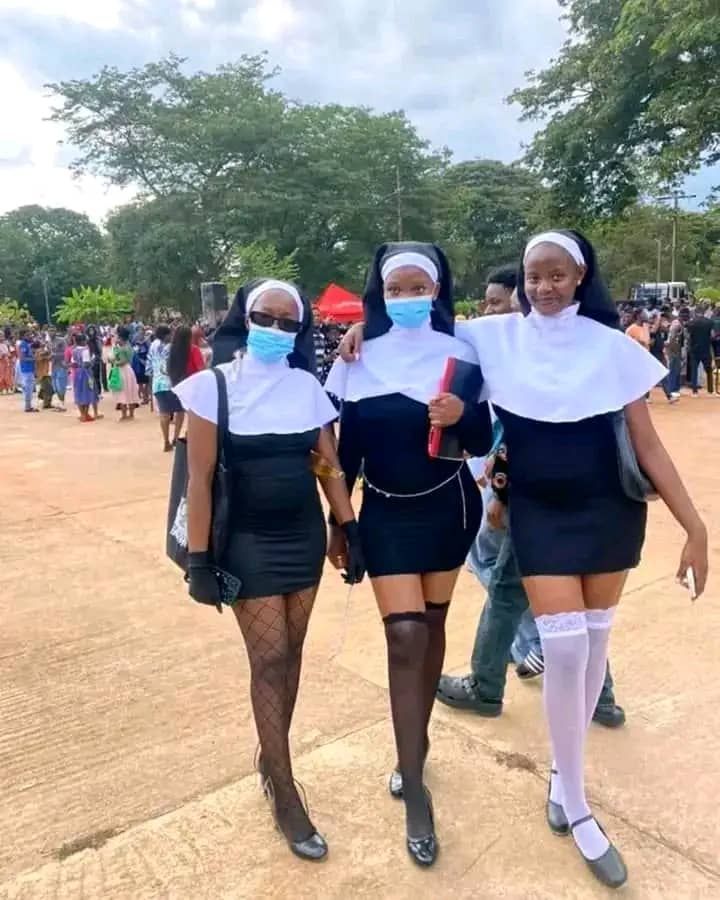By Burnett Munthali
The Minister of Mining, Kenneth Zikhale Ng’oma, has reiterated the Malawian government’s commitment to developing a sustainable and inclusive mining sector that aligns with the country’s long-term development goals. Speaking at the 2025 Mining Indaba, held from February 3rd to 6th in Cape Town, South Africa, Ng’oma led the Malawian delegation and engaged with investors, mining experts, and international stakeholders to showcase Malawi’s potential in the global mining industry.
Positioning Malawi as a Key Player in Global Mining
In his address, Ng’oma highlighted Malawi’s recent discoveries of Rutile and Graphite deposits, which have the potential to position the country as a significant contributor to the global supply chain of critical minerals. He encouraged international mining companies to explore investment opportunities in Malawi, emphasizing that the government is dedicated to creating an enabling environment for investors through improved policies, regulatory frameworks, and infrastructure development.
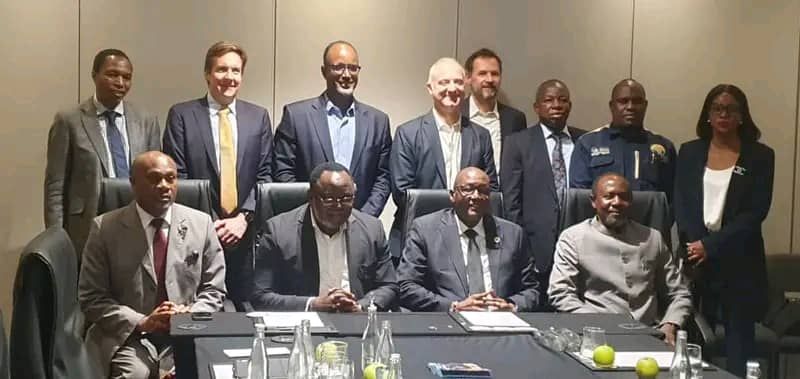
Ng’oma further explained that Malawi’s mining sector aligns with Vision 2063, particularly within the Agriculture, Tourism, and Mining (ATM) strategy championed by President Dr. Lazarus Chakwera. He noted that the global shift towards renewable energy and electric vehicles increases the demand for minerals like graphite, making Malawi’s recent discoveries strategically important for the country’s economic growth.
Engagement with Global Stakeholders
The Mining Indaba 2025 brought together government officials, mining companies, industry experts, and international financial institutions, including representatives from the African Development Bank. These engagements provided networking opportunities for Malawi’s mining sector, allowing the government to strengthen partnerships and attract investment.
Ng’oma assured potential investors that Malawi remains committed to responsible mining practices, environmental sustainability, and community development. He emphasized the need for inclusive growth, ensuring that local communities benefit from mining activities through job creation, skills development, and improved infrastructure.
The Future of Malawi’s Mining Industry
With increasing interest from global investors and ongoing reforms in the mining sector, Malawi is poised to become a competitive player in the extraction and export of valuable minerals. The government’s proactive approach, combined with favorable geological prospects, presents an opportunity to drive economic transformation through mining.
As discussions from the Mining Indaba 2025 continue to unfold, the focus remains on attracting sustainable investments, enhancing local beneficiation, and ensuring that mining contributes meaningfully to Malawi’s long-term economic growth and Vision 2063 goals.


